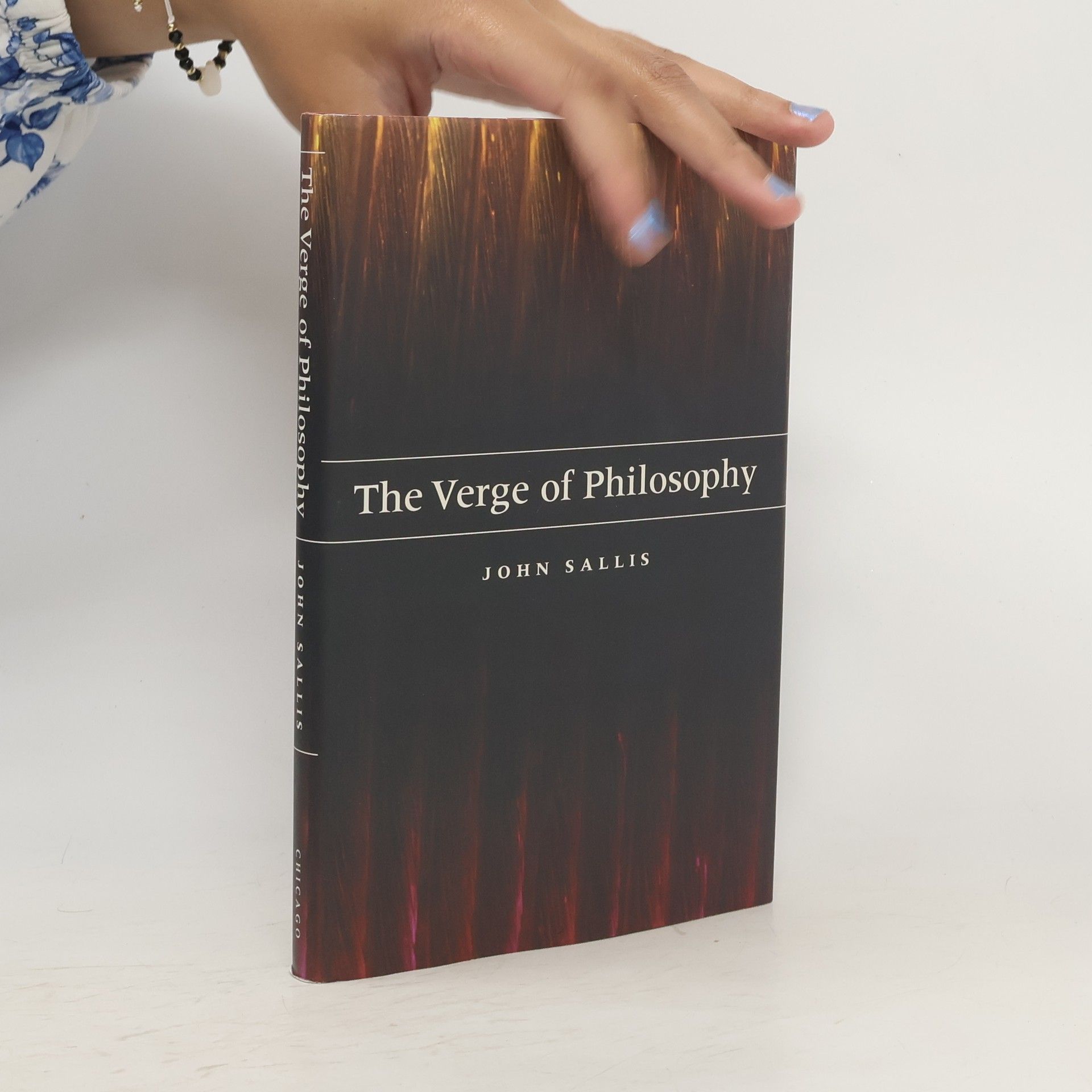German Idealism and the Question of System
- 184 pages
- 7 hours of reading
Focusing on German Idealism, this volume explores the evolution of philosophical thought from Kant to Fichte and Schelling. John Sallis offers insightful interpretations of key texts, emphasizing themes of freedom, the subject-object relationship, and the imagination. The book begins with Kant's philosophy and its reception, followed by an in-depth analysis of Fichte's Wissenschaftslehre and Schelling's contributions. Sallis's clear exposition and relevance to contemporary philosophy make this work appealing to both general readers and specialists.

